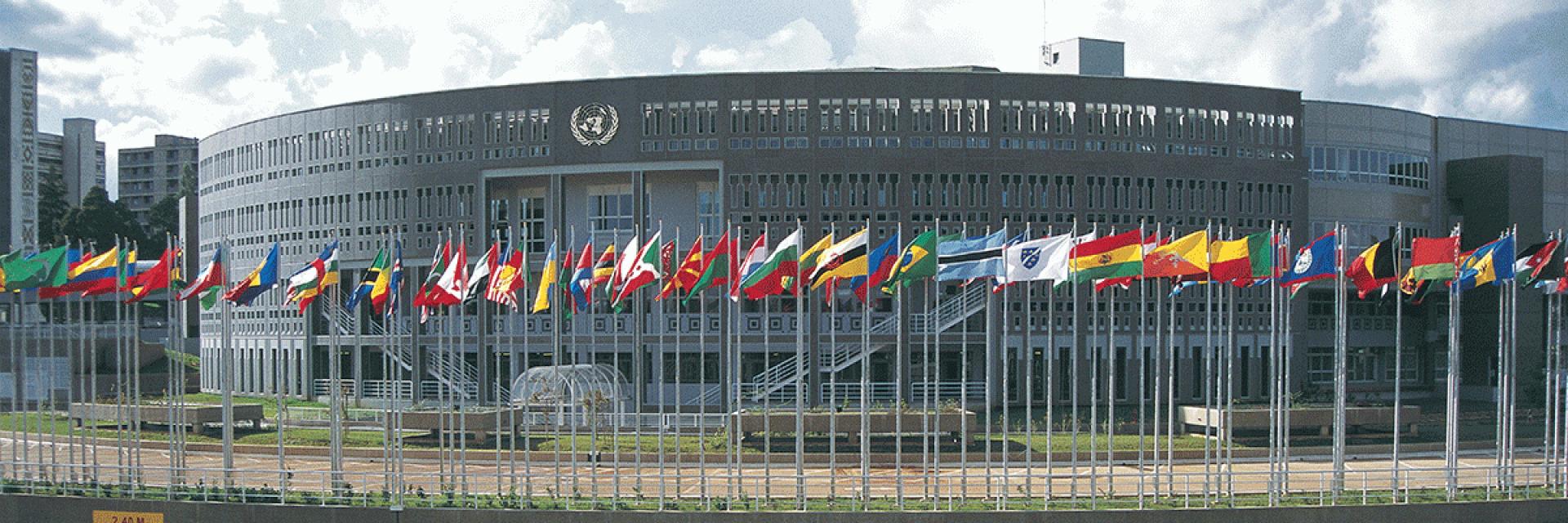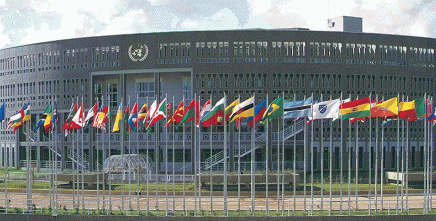Africa’s governance, peace and security landscape has continued to present a very mixed picture, with progress in some countries and regions, stagnation in others and retrogression in yet others, with grave implications for the African Continental Free Trade Area (AfCFTA). The African Union and the Regional Economic Communities (RECs), alongside the United Nations and other stakeholders, are trying to prioritize and strengthen governance systems and promote peace and security on the continent.
Trade agreements can foster integrated economies and reduce conflict by creating disincentives among states and their actors due to the disproportionate cost of conflict. In states with high government accountability, low levels of income inequality and ethnic divisions, changes in export prices of certain high demand commodities have also been found to have limited effects. This suggests that overall public governance and systematised trade governance aimed at wide scale income generation, could positively contribute to fostering peace and stability. However, at national level, the marketplace as the locus for trade is a space where conflict becomes manifest and therefore holds the potential to contribute to both peace and development outcomes.
Against this background,the Economic Commission for Africa (ECA) commissioned a study entitled “Realizing the Triple Nexus And Trade: Towards A New Agenda For Africa” to explore the contribution of trade in the transitions from fragile, unstable and emergency contexts to sustainable development within the framework of the triple humanitarian-development-peace nexus.
The African Trade Policy Center (ATPC) of ECA will host a Policy Dialogue on the margins of the African Union Policy Conference on “Promoting the Peace, Security and Development Nexus: The Promise of Regional Integration” to discuss the key outcomes and recommendations of the study.


